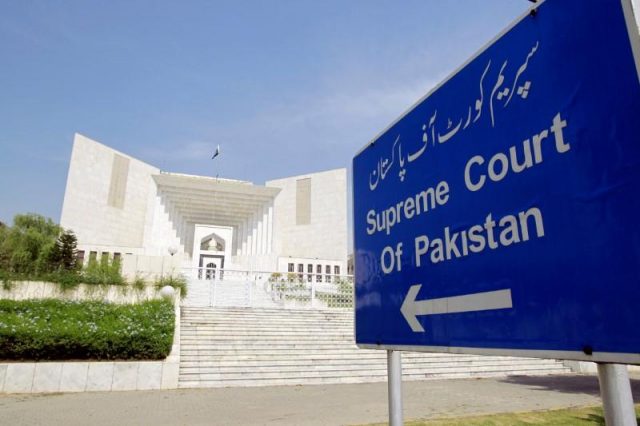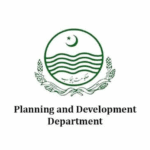The federal government has allowed the Supreme Court of Pakistan (SC) to constitute its own Departmental Development Working Party (DDWP) to approve development schemes costing up to Rs1 billion, ending the law ministry’s role in approving the apex court’s projects.
According to a report by The Express Tribune, Prime Minister Shehbaz Sharif approved the move. Under the new arrangement, the Supreme Court can now conceive, design, and approve its development projects independently, provided the cost does not exceed Rs1 billion.
The decision follows a formal request from the court, which cited Article 175 of the Constitution to assert its autonomy over infrastructure projects in line with institutional requirements.
Currently, DDWPs are chaired by a federal secretary and can approve projects up to Rs1 billion, while the Central Development Working Party (CDWP) handles schemes up to Rs7.5 billion and ECNEC approves projects exceeding that threshold.
Planning ministry officials had initially raised concerns, noting that only autonomous bodies can set up DDWPs for self-financed projects, and the Supreme Court, as a constitutional organ, is independent and not part of the federal government.
Documents show that the SC notified its own DDWP in December 2024. However, a major hurdle remains: the National Economic Council (NEC) has imposed a moratorium on approvals by DDWPs until completion of the IMF programme, limiting the court’s ability to immediately sanction projects. NEC had introduced the ban in June to conserve fiscal resources, citing concerns that DDWPs were splitting large projects to bypass CDWP scrutiny.
The SC has requested its DDWP be headed by its registrar, who also serves as the principal accounting officer. The federal government or Parliament does not have authority to reduce or reject the court’s expenditure, which, like other constitutional bodies, is approved by Parliament.
For the current fiscal year, the government allocated Rs1 trillion for development spending—half the financing requirement of ongoing projects and less than 1% of GDP, down from 3% seven years ago. The planning ministry has struggled to fully utilise even this limited allocation, spending only a fraction in the first two months of the fiscal year.
Minister Ahsan Iqbal noted that lifting the NEC moratorium depends on fiscal space and can only be done by NEC, delaying immediate project approvals by the SC despite formal authorization.
Discover more from Brackly News
Subscribe to get the latest posts sent to your email.



